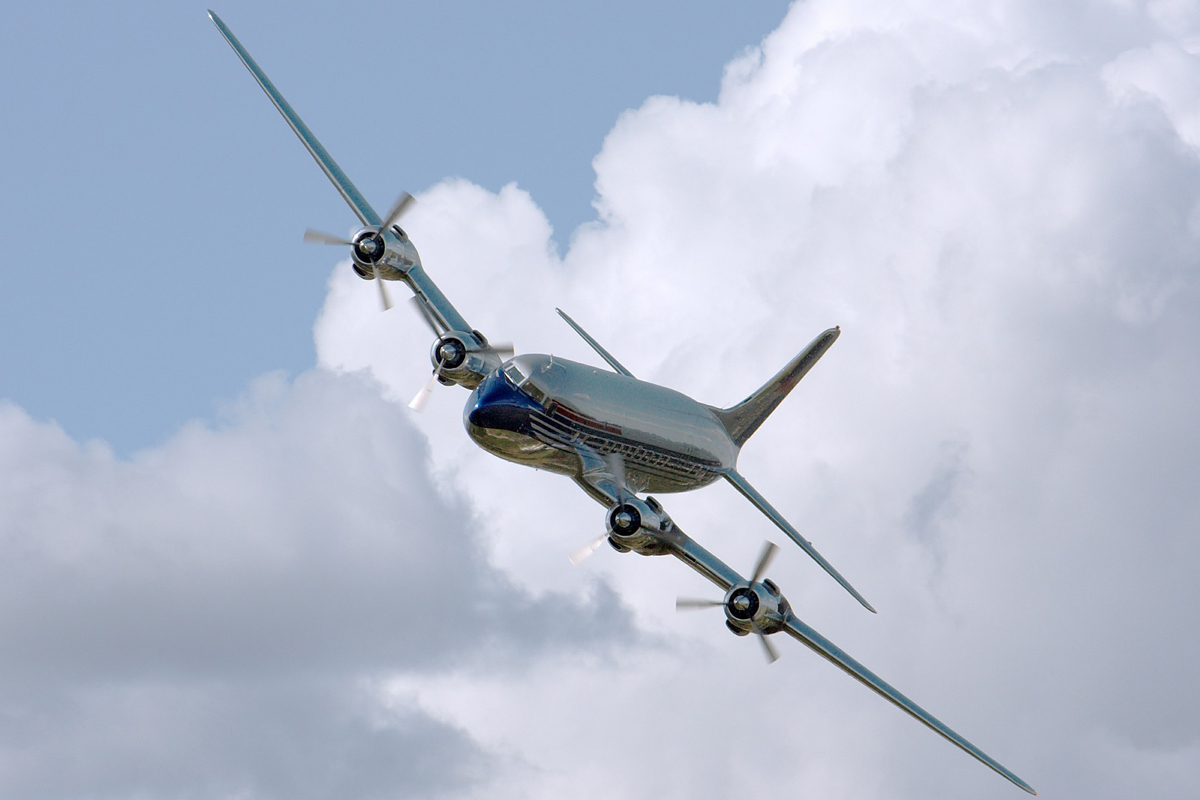
Cabo Verde has been eligible for the African Growth and Opportunity Act (AGOA) program since May, 2000 when the Trade and Development Act of 2000 was passed by the U.S. Congress and signed into law.
AGOA established a new framework for U.S. trade, investment and development policy for sub-Saharan Africa. The Act offers Cabo Verde duty-free and quota-free U.S. market access for essentially all products through the Generalized System of Preferences, thus providing special incentive for investment in export-oriented industries. However, very few companies have taken advantage of this opportunity.
Cabo Verde was one of eight African countries to qualify for the Millennium Challenge Account (MCA) in 2004. On July 4, 2005, Cabo Verde became the third country to sign a compact with the Millennium Challenge Corporation with the government of the United States. The country received $110 million over the following five-year period and has recently qualified for the second round of funding through this source.
The funds enabled the conclusion of projects in infrastructure improvements, namely the construction of new roads, the upgrade of ports in both Praia, the capital city and the Island of Sal which contained the first and only international airport until a short time ago. Initiatives in water improvement and management are expected to spur growth in the agricultural sector and the financial sector reforms. Improvements in the investment sector are also highly anticipated.
The recent selection of Cabo Verde for a second MCC compact constitute a proof of the confidence of the American Administration in the country’s good governance and in this way it reinforces Cabo Verde’s credibility for American businesses. This is also bound to create new opportunities for U.S. companies to bid in development and upgrading of infrastructure projects.
On July 23, 2008, the World Trade Organization (WTO) welcomed Cabo Verde as its 153rd member. After almost a decade of preparatory works including legislative reforms, the Government of Cabo Verde presented its application for accession to the WTC in November 1999. Detailed negotiations that followed, benefited from the United States’ technical assistance as well as strong support from the European Union (EU). Becoming a WTO member increases the confidence of international investors by ensuring a leveled playing field for all.
Furthermore, Cabo Verde is also covered by the services of the Overseas Private Investment Corporation (OPIC) which encourages U.S. private investment abroad, as well as by those of the U.S. Export-Import Bank (Eximbank) whose mission is to assist in financing of the export of American goods and services.
Cabo Verde, similar to Hawaii but closer to the eastern seaboard of the North American continent, is an archipelago of volcanic islands. Known as “the Caribbean of Europe.” The cultural uniqueness of each island complements the others, providing visitors with rich experiences that are distinctive and varying. The history of Cabo Verde, carved as a “mestizo,” the cuisine, folklore, dance, language, crafts, beliefs and architecture are testimonies to the diversity in the Cabo Verdean culture and provide excellent resources for the tourism segment.
